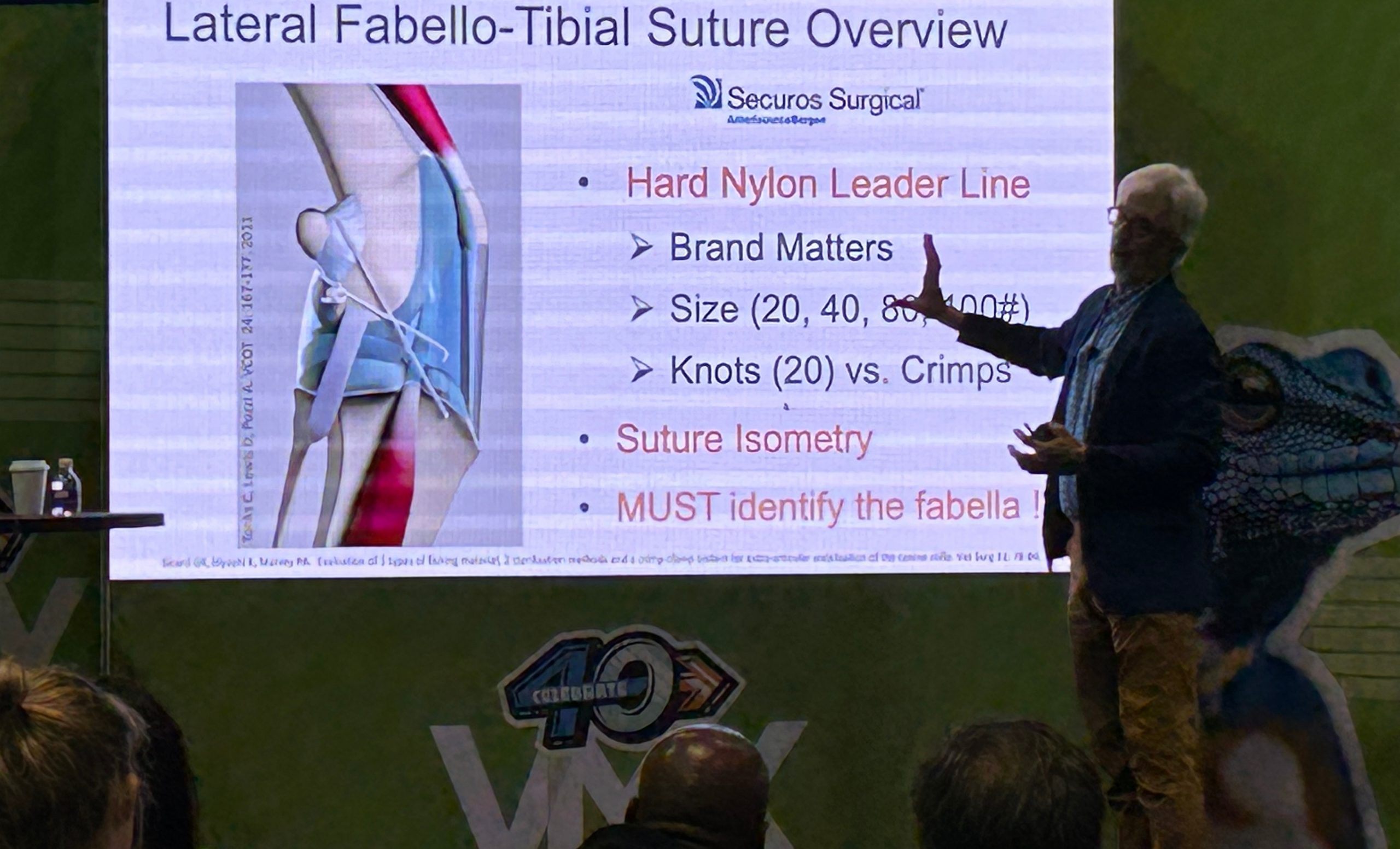
Veterinarians are the unsung heroes of the animal world. They dedicate their lives to the care and welfare of great and small creatures, from domestic pets to exotic zoo animals and wildlife. Through a combination of passion, science, and dedication, veterinarian pledge to protect, heal, and enhance the lives of animals.
The Veterinarian’s Oath
Every veterinarian takes an oath—a solemn promise to use their scientific knowledge and skills to benefit society through the protection of animal health, the relief of animal suffering, the conservation of animal resources, the promotion of public health, and the advancement of medical knowledge. This oath is a formality and the guiding principle of their careers.
A Day in the Life
A typical day for a veterinarian can vary dramatically depending on their specialization and practice setting. Small animal vets usually start their day at a clinic, treating pets for everything from routine vaccinations to emergency surgeries. They consult with pet owners, perform physical exams, prescribe medications, and sometimes, sadly, help families make difficult decisions about their pets’ end-of-life care.
Large animal veterinarians often travel to farms or ranches to provide preventive care, treat illnesses, and help with animal births. They play a critical role in ensuring livestock’s health, which, in turn, affects the safety of the food supply chain.
Veterinarians who work in zoos or wildlife sanctuaries deal with a range of exotic animals, requiring extensive knowledge of diverse species, from reptiles to large mammals. Their work is vital for the conservation of endangered species and provides invaluable data for research that can aid in wildlife preservation efforts globally.
Challenges and Rewards
Veterinary medicine is a field filled with both profound rewards and significant challenges. One of the biggest challenges is dealing with the emotional strain of treating sick animals and communicating with distressed pet owners. The work can also be physically demanding, especially for those who work with large animals or in wildlife conservation.
However, the rewards of a veterinary career are equally significant. Vets experience the joy of helping animals recover from illness or injury, the satisfaction of supporting pet owners, and the fulfillment of contributing to public health and environmental conservation.
Advanced Veterinary Care
As veterinary medicine has advanced, so have the tools and techniques available to veterinarians. Today, vets utilize sophisticated technology such as MRI machines, ultrasounds, and arthroscopy equipment that were once only available in human hospitals. These technologies enable more accurate diagnoses and better treatment outcomes for animals.
Moreover, the field of veterinary medicine is increasingly incorporating holistic approaches to animal care, including acupuncture, chiropractic adjustments, and herbal remedies. These provide a comprehensive approach that enhances the well-being of animals beyond conventional medical treatments.
Education and Continuous Learning
Becoming a veterinarian requires rigorous education and continuous learning. After obtaining an undergraduate degree, aspiring veterinarians must complete a four-year doctorate program in veterinary medicine. However, the learning continues beyond graduation; the field demands ongoing education and specialization, especially as new medical advancements and technologies evolve.
Veterinarians must also adapt to the changing dynamics of pet ownership and animal care, which are increasingly influenced by social trends and economic factors. This adaptability is crucial in clinical practice and in veterinarians’ roles in public health, environmental conservation, and education.
Community Engagement and Public Health
Veterinarians also play a crucial role in community health by controlling zoonotic diseases—illnesses that can be transmitted from animals to humans. By vaccinating animals, reporting disease outbreaks, and educating the public about health risks, veterinarians make a significant contribution to the health of their communities.
In addition, many veterinarians volunteer their time and expertise in disaster zones worldwide, treating animals injured in natural disasters or conflicts and helping communities rebuild their capacity to care for their animals.
The Future of Veterinary Medicine
The future of veterinary medicine holds exciting possibilities, with advancements in genetic testing, biotechnology, and artificial intelligence poised to revolutionize how diseases are diagnosed and treated in animals. Furthermore, as public awareness of animal welfare and wildlife conservation grows, veterinarians are likely to play even more significant roles in societal shifts towards sustainability and ethical treatment of animals.
The veterinarian’s promise extends far beyond the walls of animal clinics and hospitals. It’s a commitment to lifelong care and compassion for all species, advocating for their welfare, and contributing to the health of our planet. Veterinarians are integral to our communities, and their dedication ensures that both pets and wild animals receive the care and respect they deserve. They promise to continue learning, serving, and protecting animals around the globe, making the world a better place, one patient at a time.